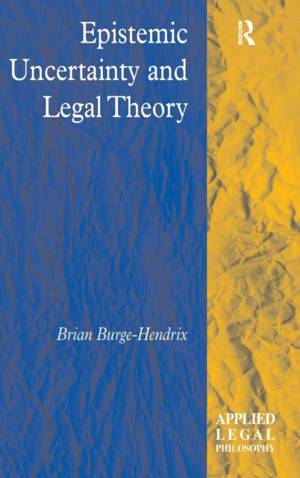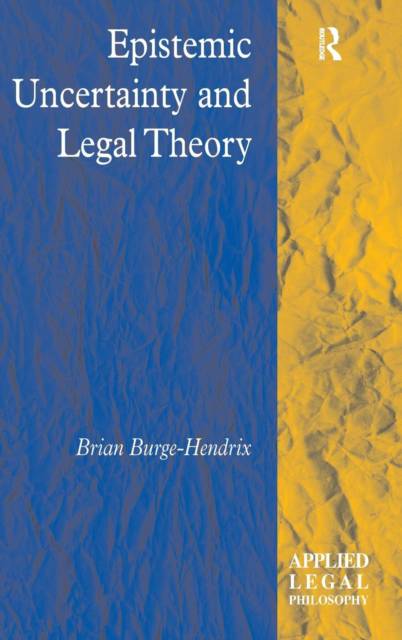
Je cadeautjes zeker op tijd in huis hebben voor de feestdagen? Kom langs in onze winkels en vind het perfecte geschenk!
- Afhalen na 1 uur in een winkel met voorraad
- Gratis thuislevering in België vanaf € 30
- Ruim aanbod met 7 miljoen producten
Je cadeautjes zeker op tijd in huis hebben voor de feestdagen? Kom langs in onze winkels en vind het perfecte geschenk!
- Afhalen na 1 uur in een winkel met voorraad
- Gratis thuislevering in België vanaf € 30
- Ruim aanbod met 7 miljoen producten
Zoeken
Omschrijving
Crossing the usual boundaries of abstract legal theory, this book considers actual charter systems - legal systems with explicitly posited moral-political rights, such as those of Canada and the United States - as well as cases in constitutional adjudication. It shows the worth of careful reflection on methodological and meta-theoretical issues for a comprehensive account of a present-day legal system which is fast becoming the norm. The author explicitly connects the ongoing Methodology Debate within legal philosophy to constitutional adjudication and Canadian law. By drawing out the implications of the Methodology Debate and the challenge of giving a proper account of constitutional adjudication in a general theory of law, the study examines how a descriptive, morally and politically neutral legal theory can deal with epistemic uncertainty - uncertainty about the actual status of moral-political legal provisions and their jurisprudential function - in a thoroughgoing manner. It also demonstrates the merits of a minimalist version of Legal Positivism with regard to the practical importance of charters in charter systems and societies.
Specificaties
Betrokkenen
- Auteur(s):
- Uitgeverij:
Inhoud
- Aantal bladzijden:
- 210
- Taal:
- Engels
- Reeks:
Eigenschappen
- Productcode (EAN):
- 9780754675211
- Verschijningsdatum:
- 18/12/2008
- Uitvoering:
- Hardcover
- Formaat:
- Genaaid
- Afmetingen:
- 156 mm x 234 mm
- Gewicht:
- 476 g

Alleen bij Standaard Boekhandel
+ 610 punten op je klantenkaart van Standaard Boekhandel
Beoordelingen
We publiceren alleen reviews die voldoen aan de voorwaarden voor reviews. Bekijk onze voorwaarden voor reviews.









